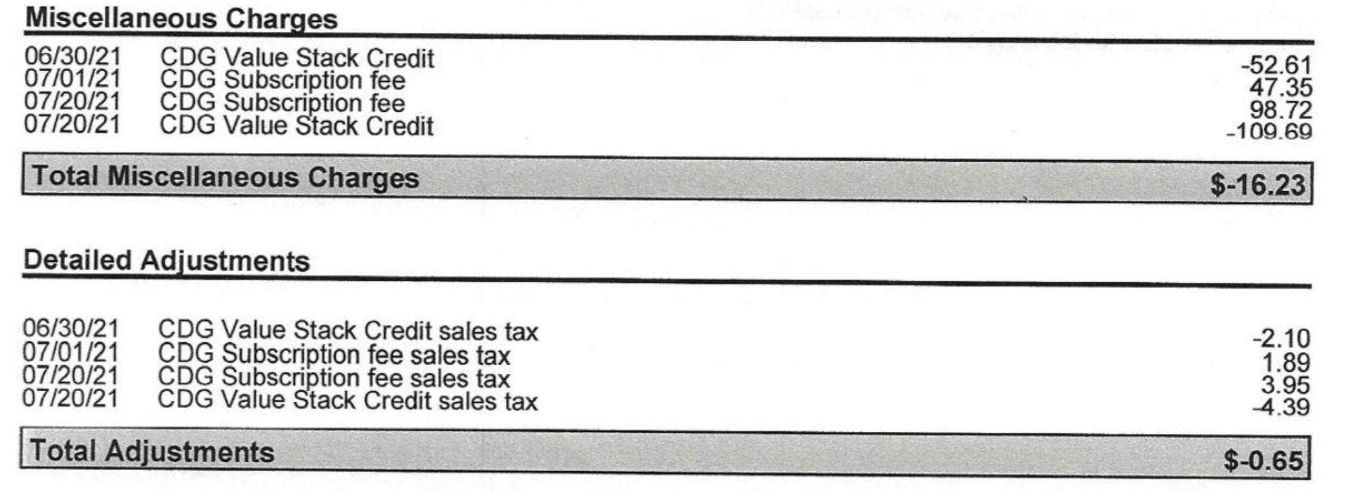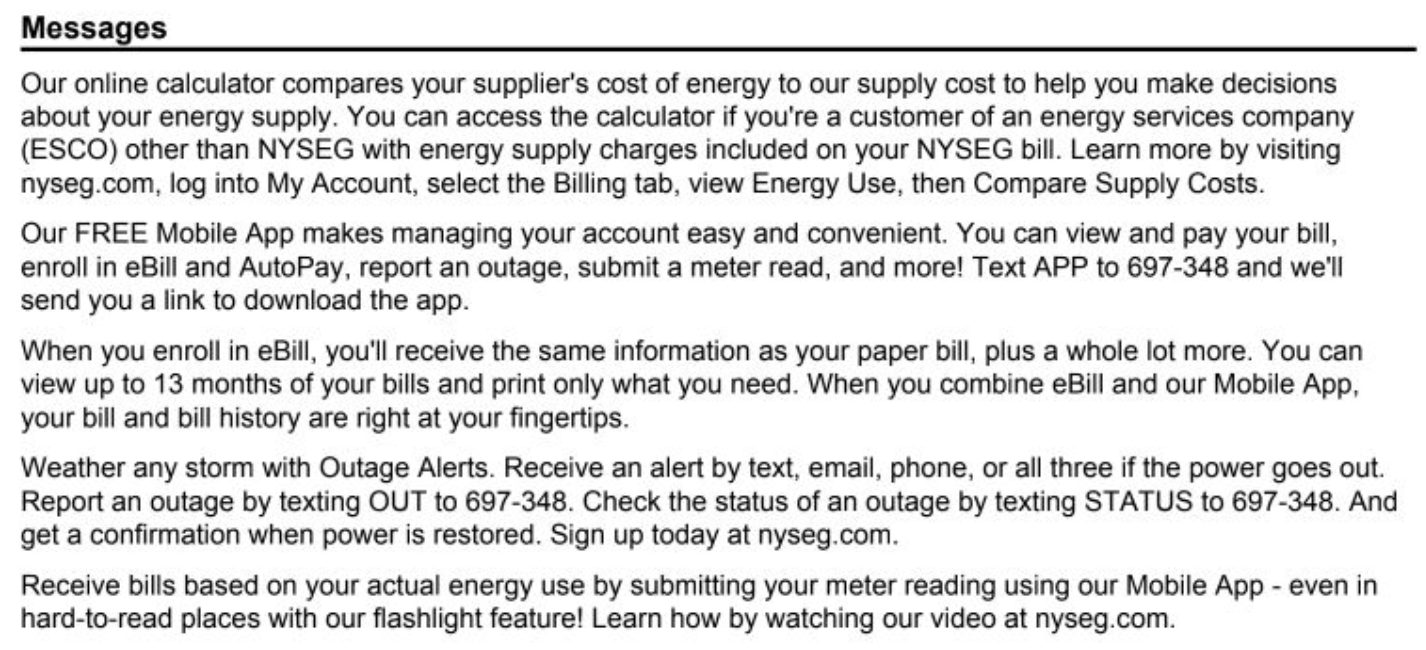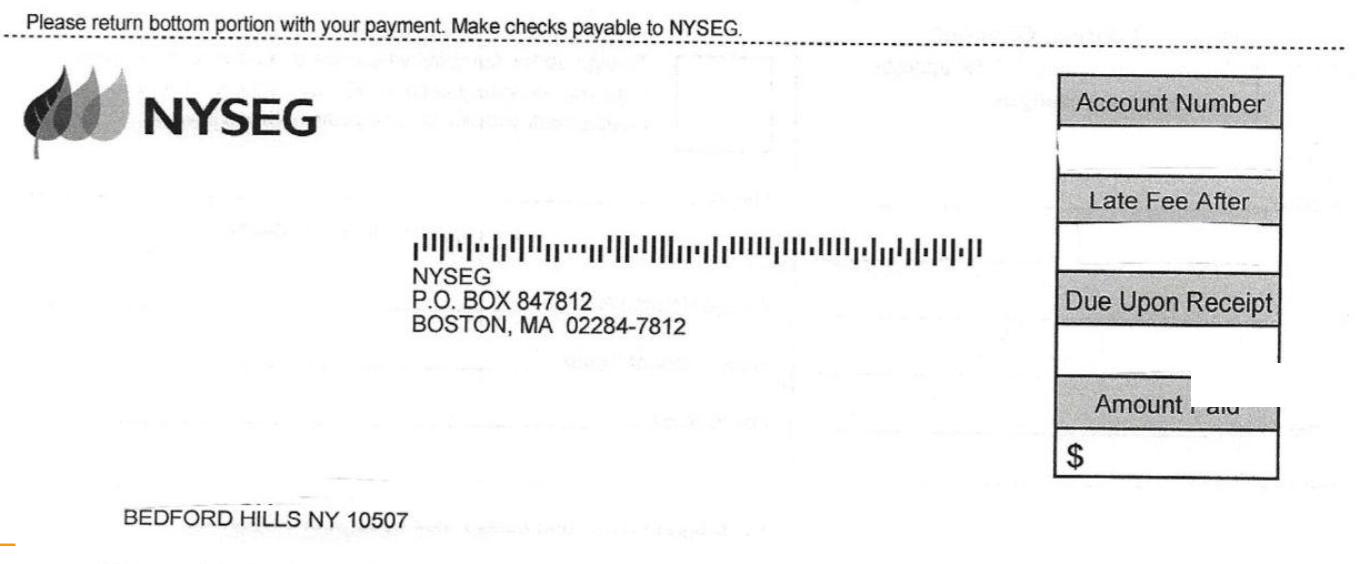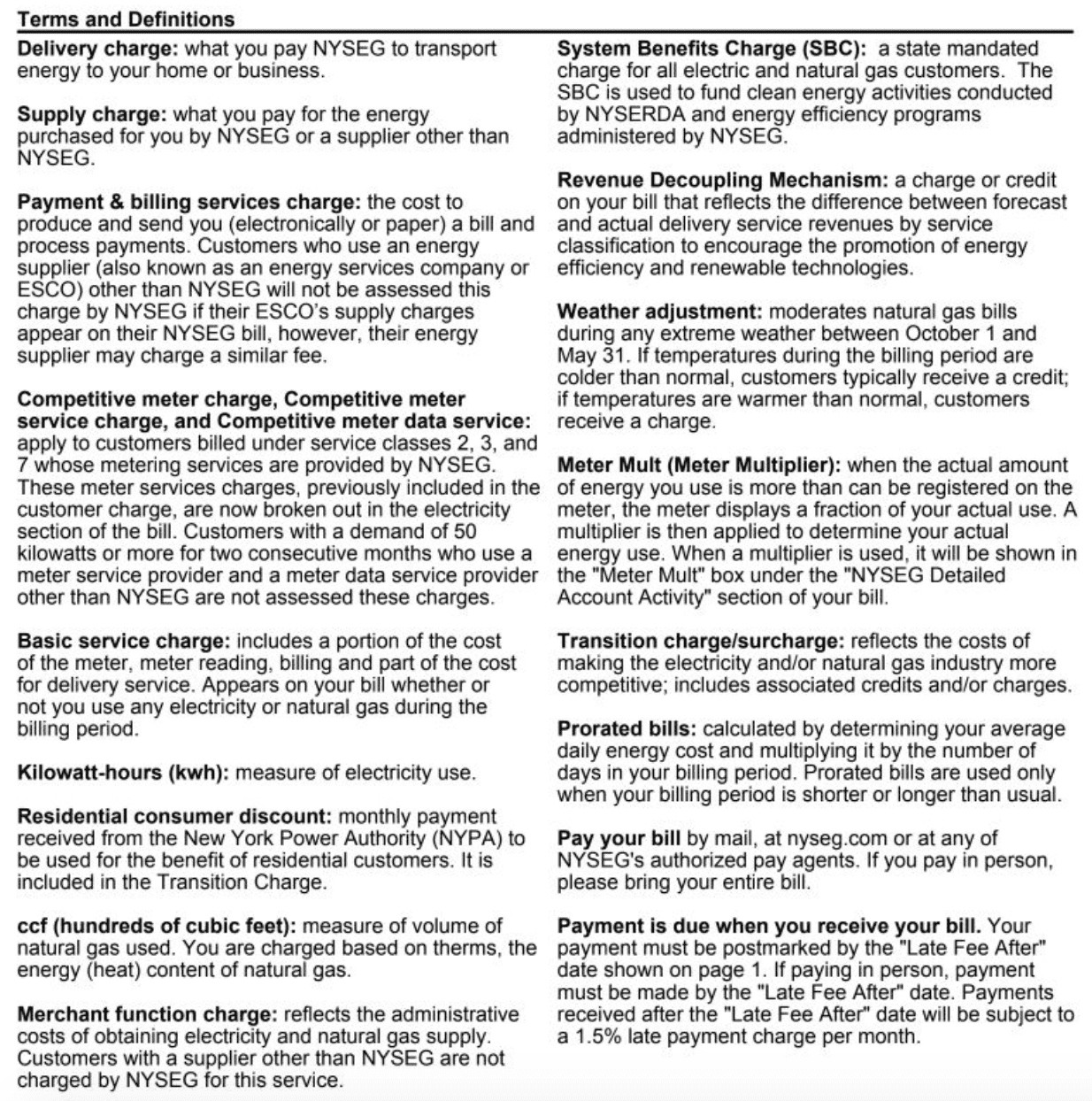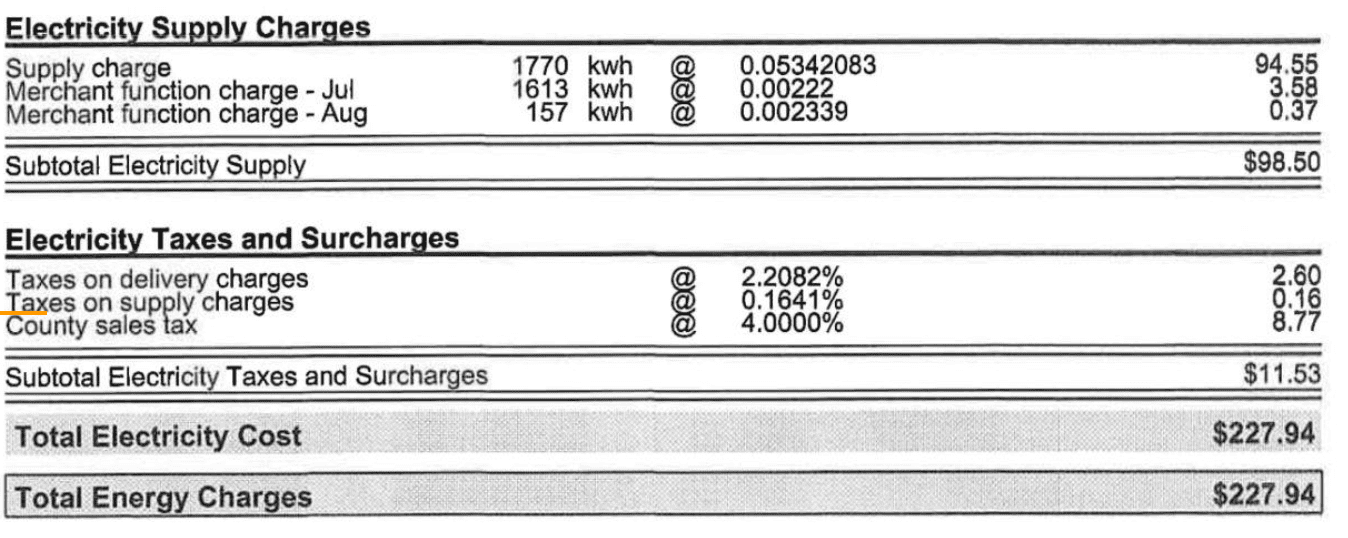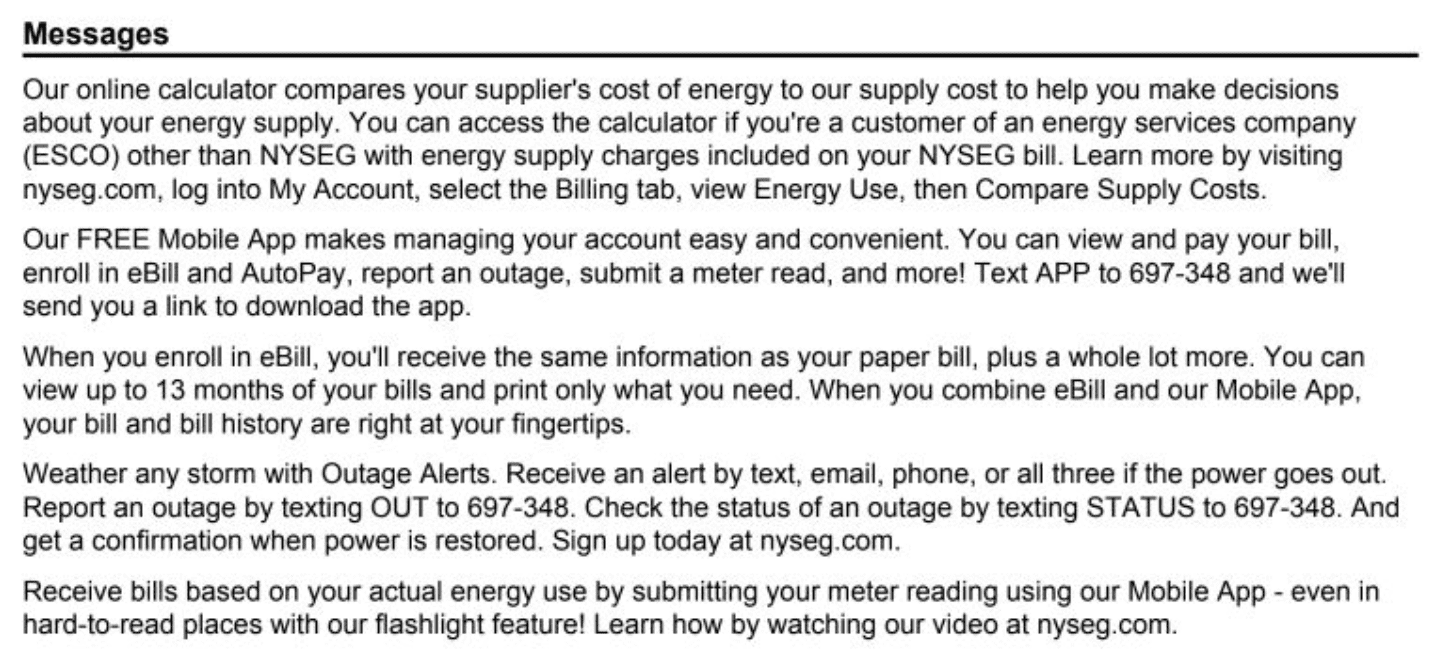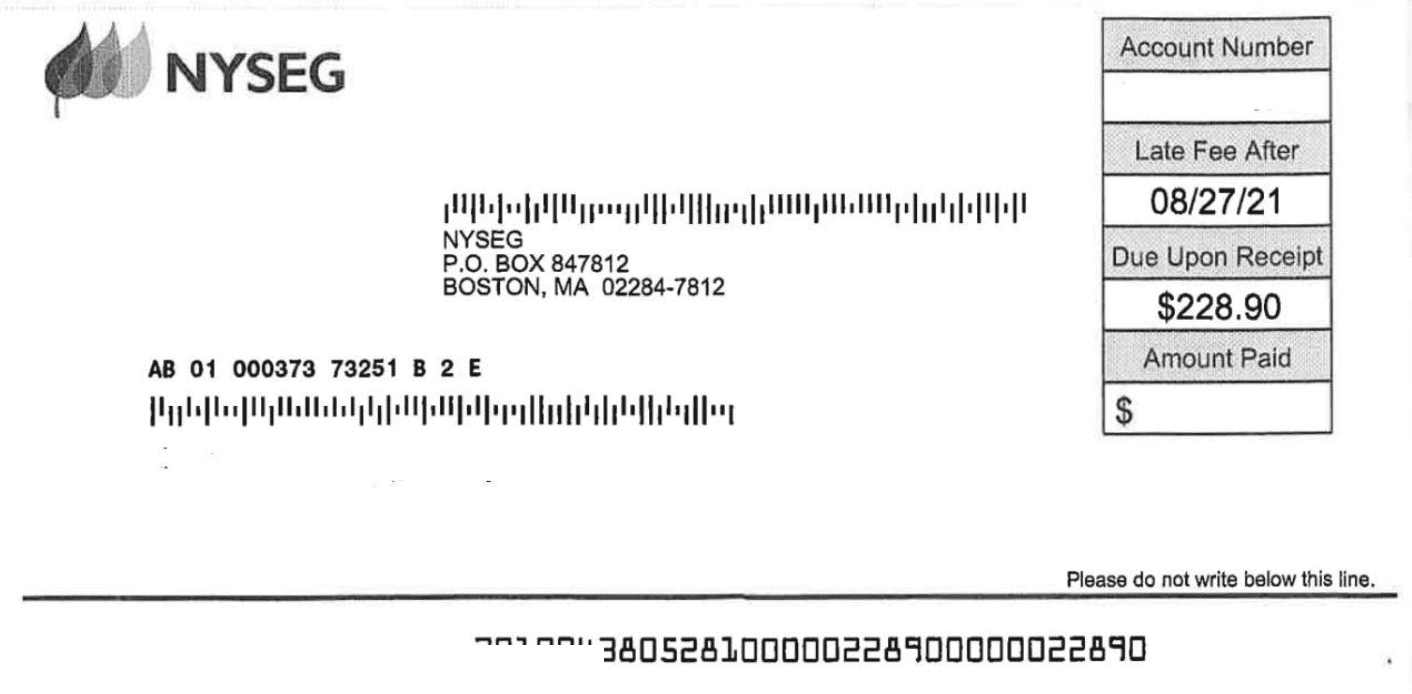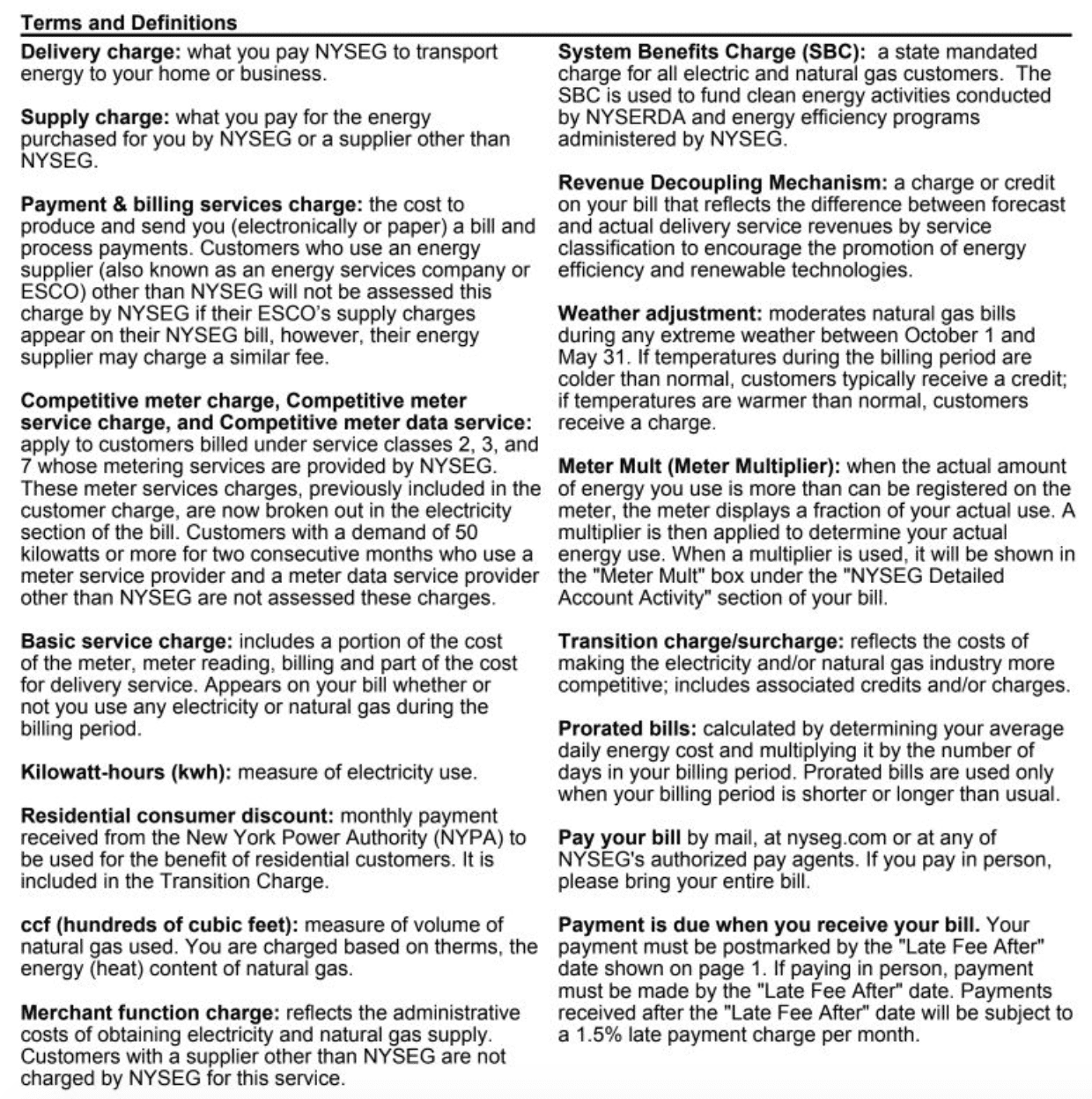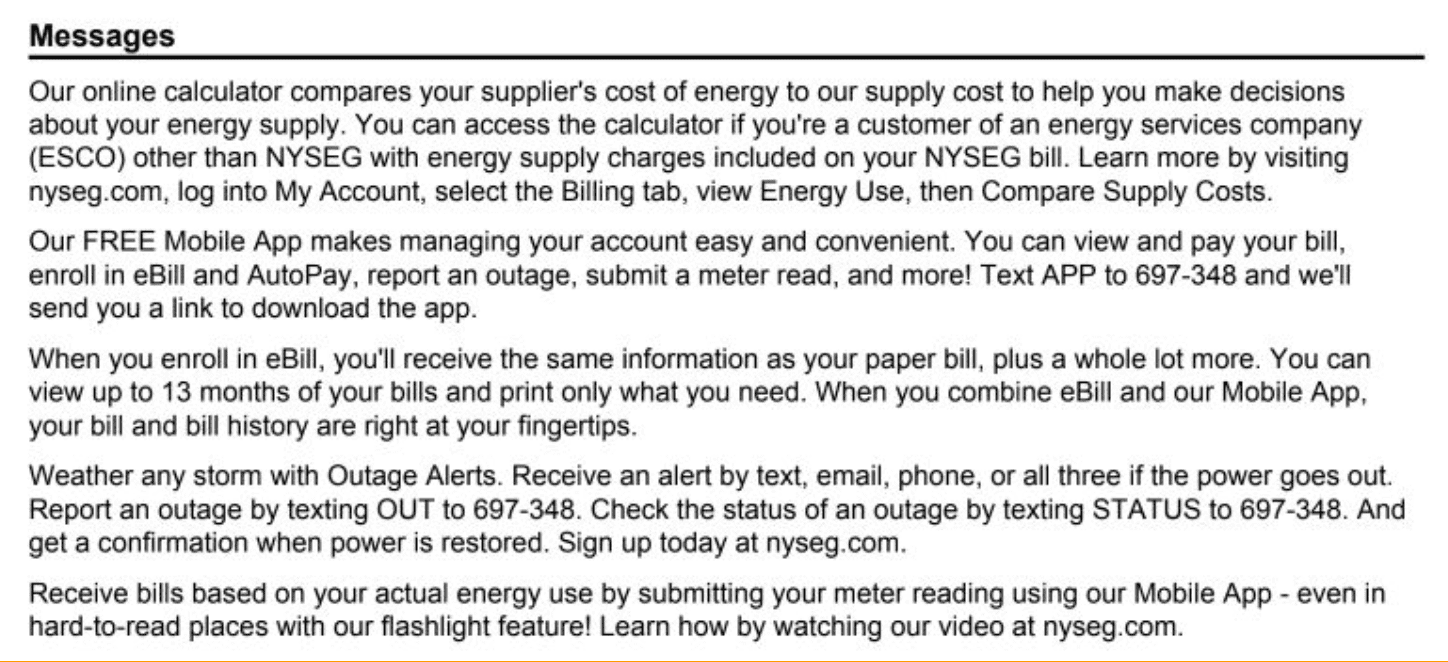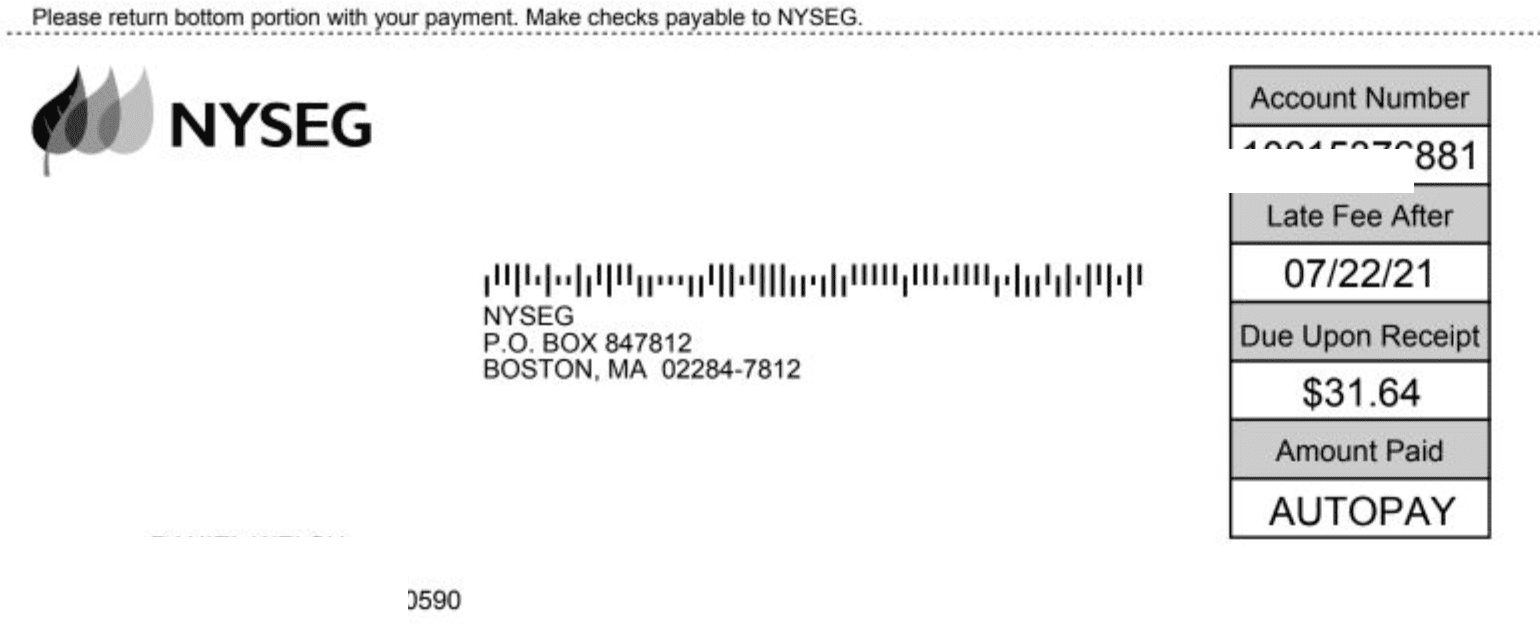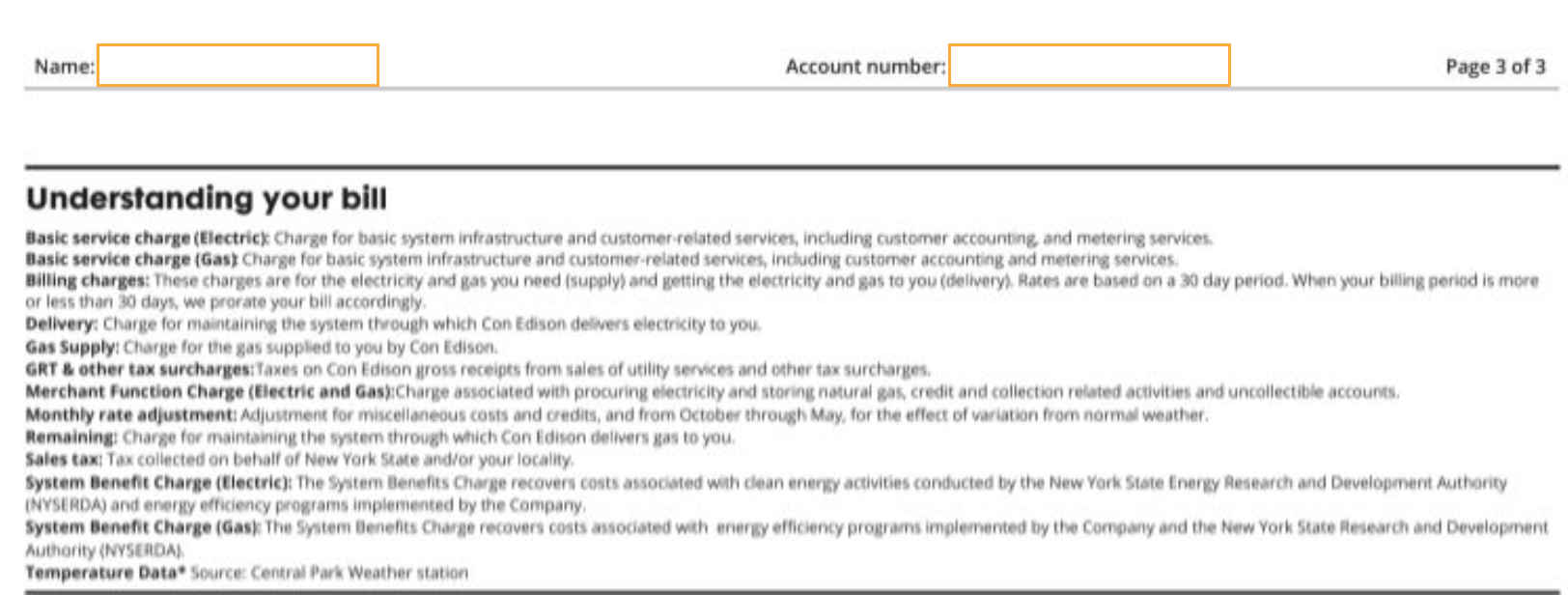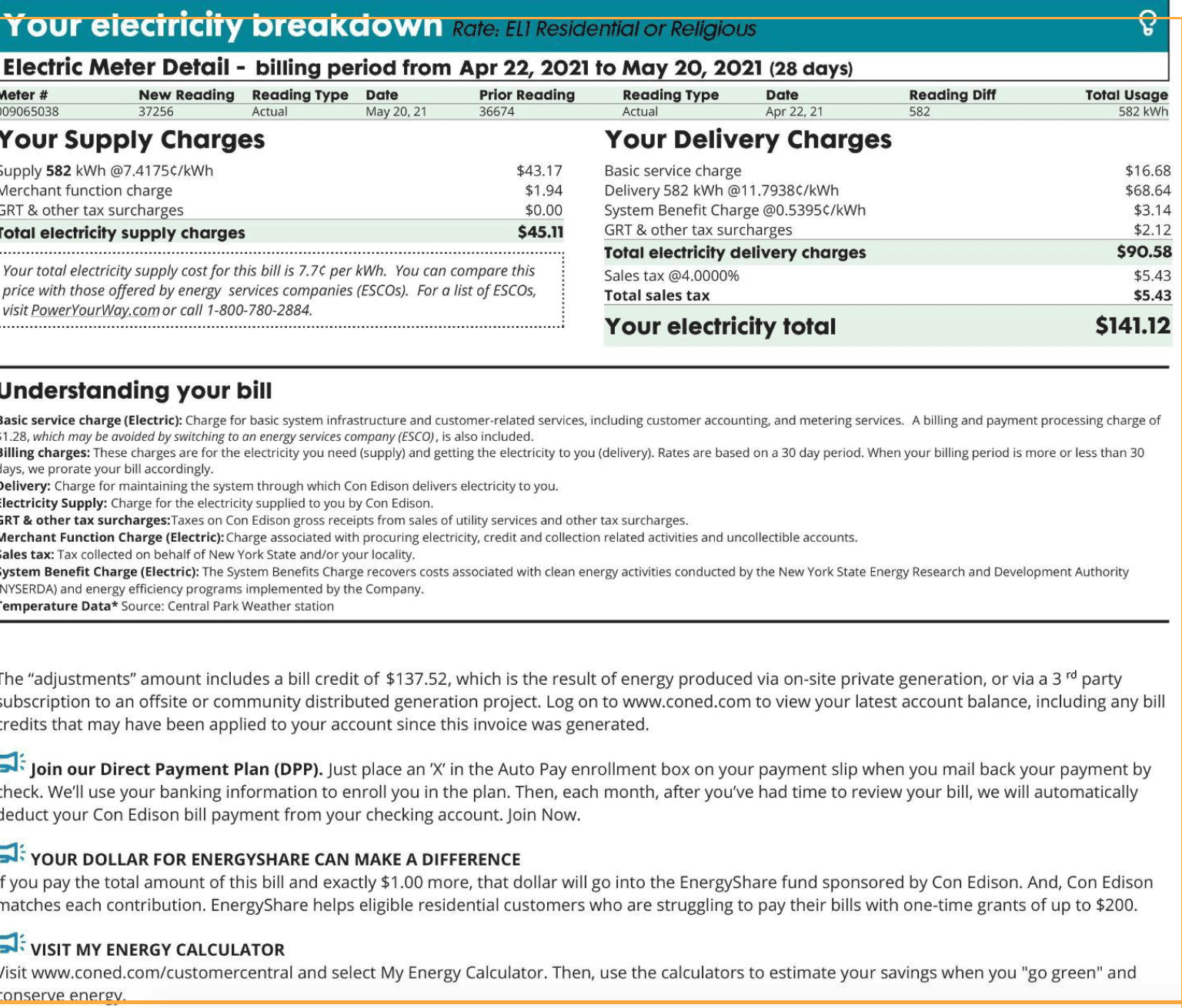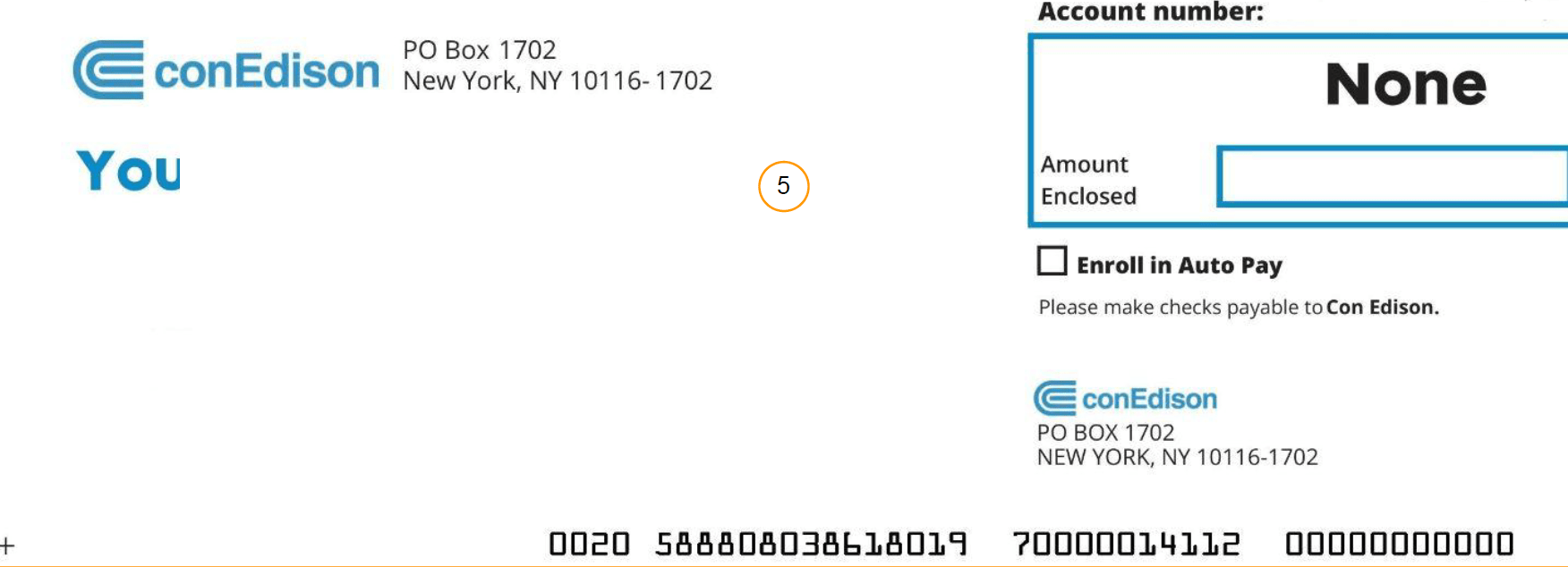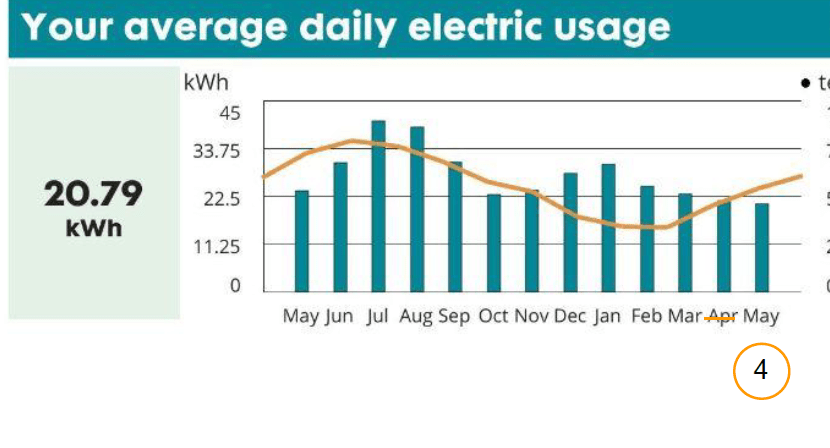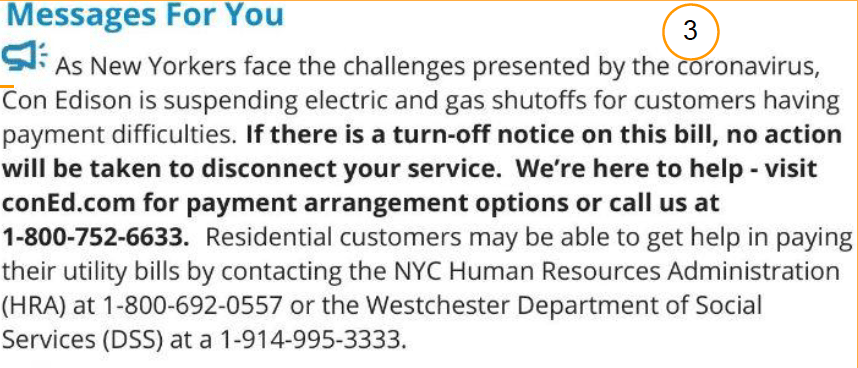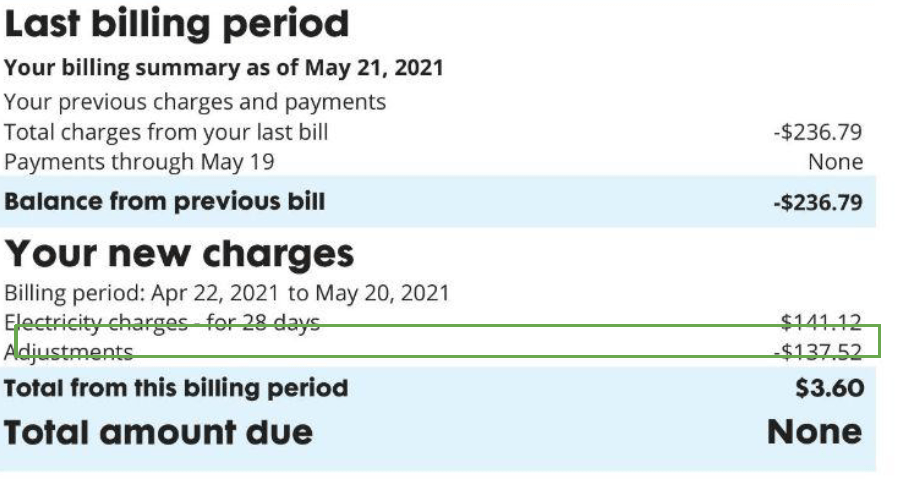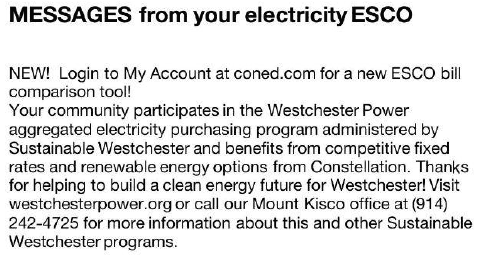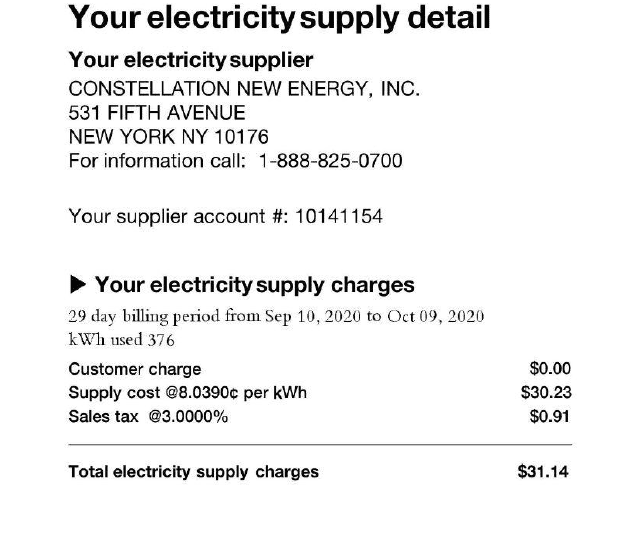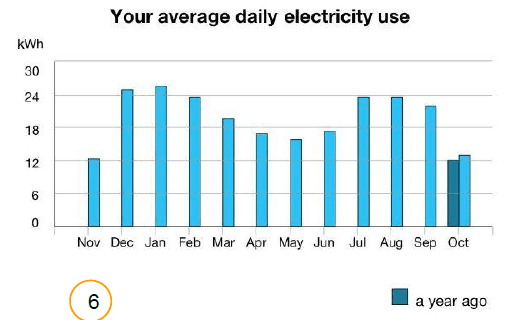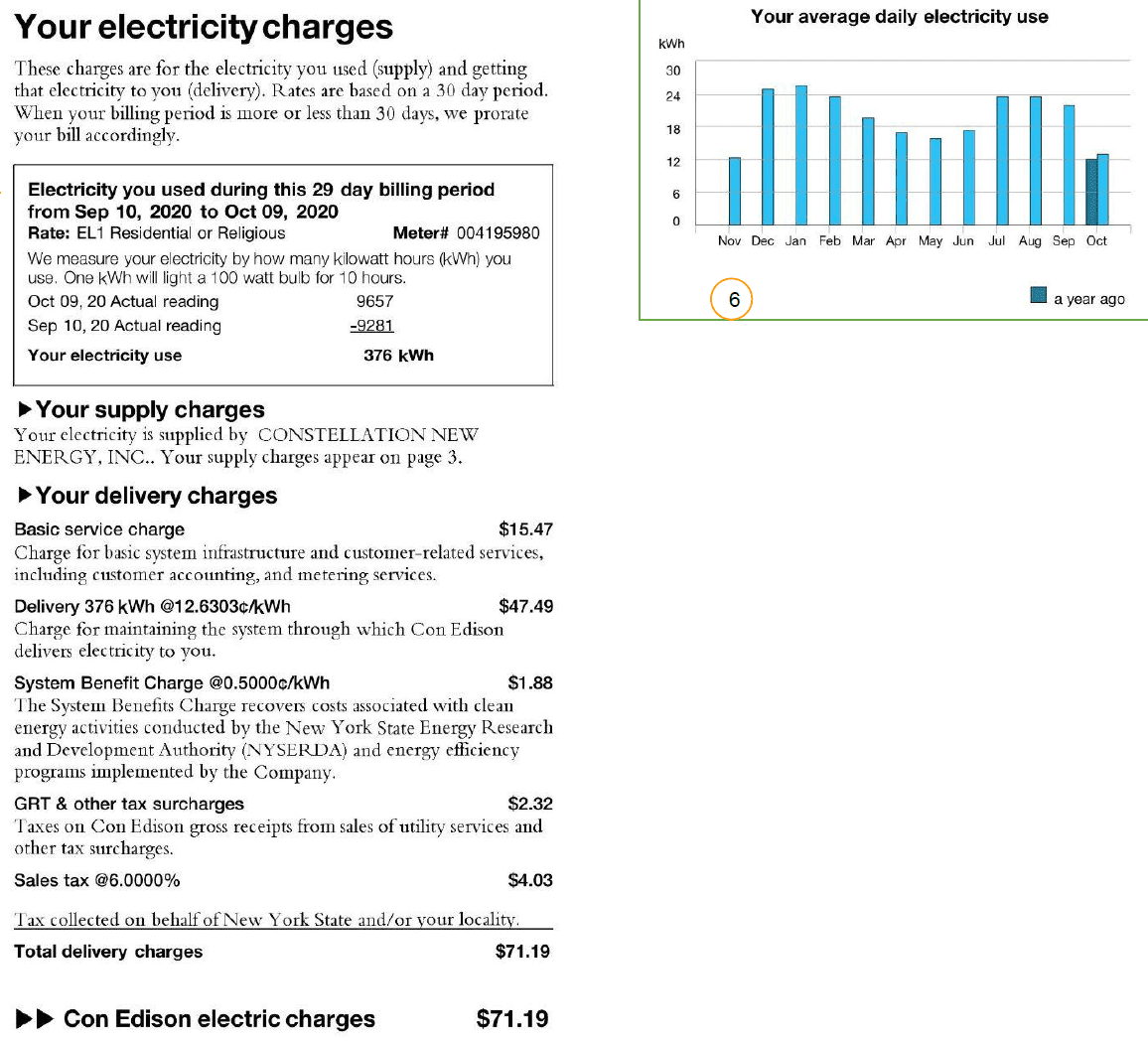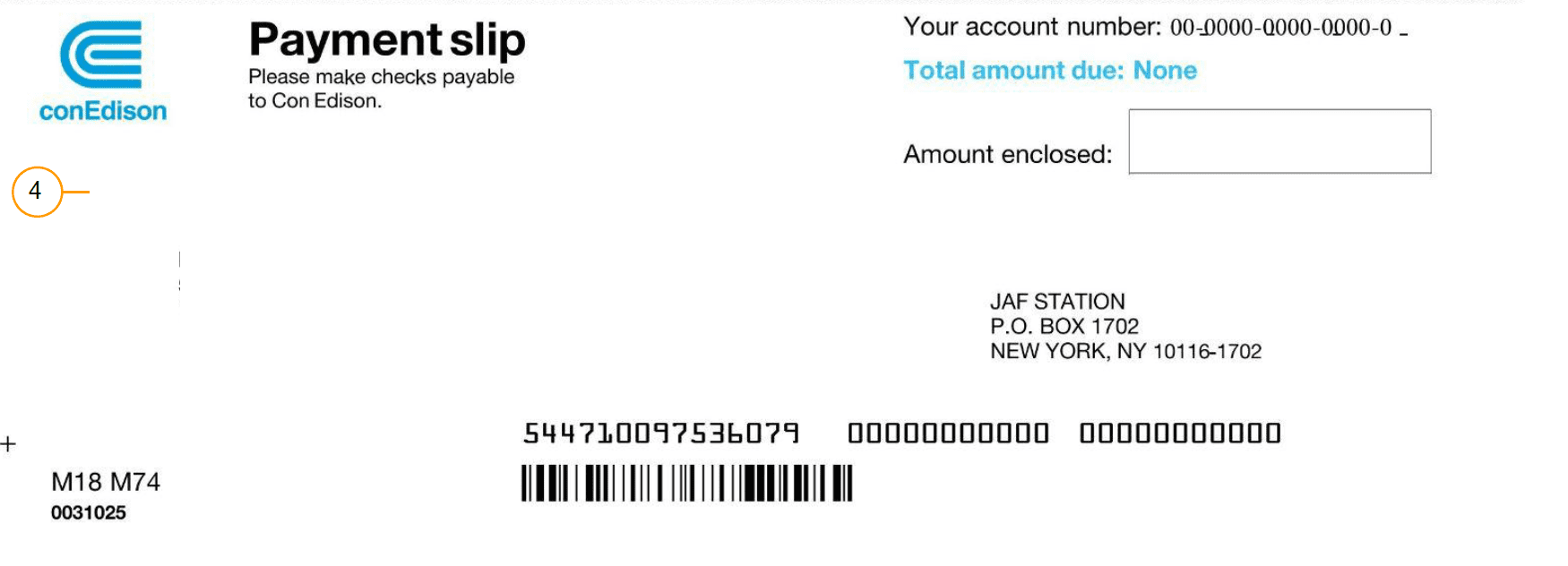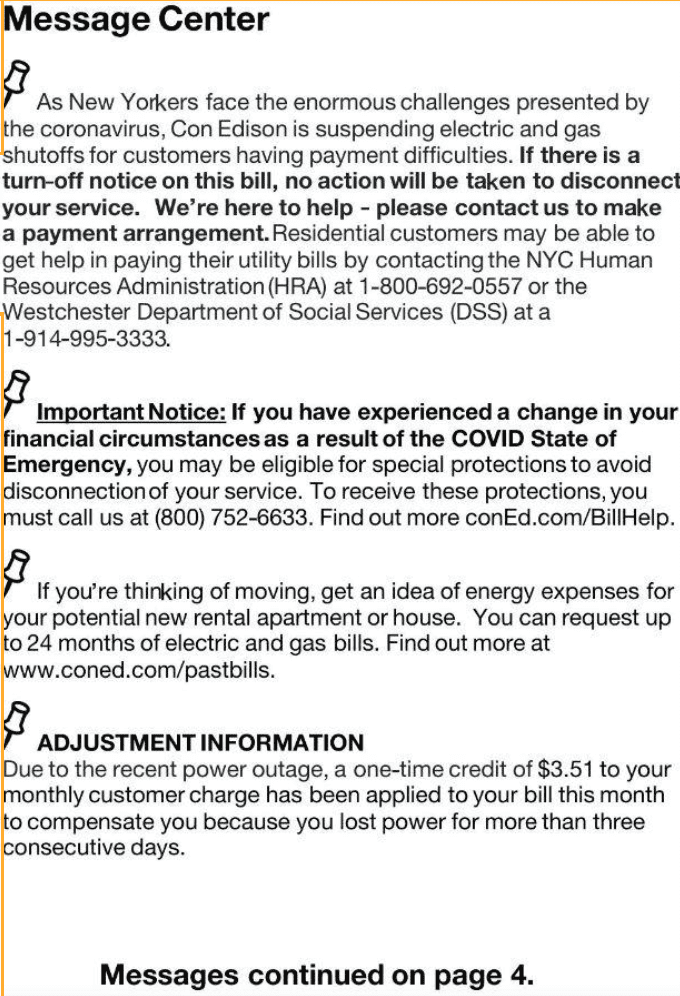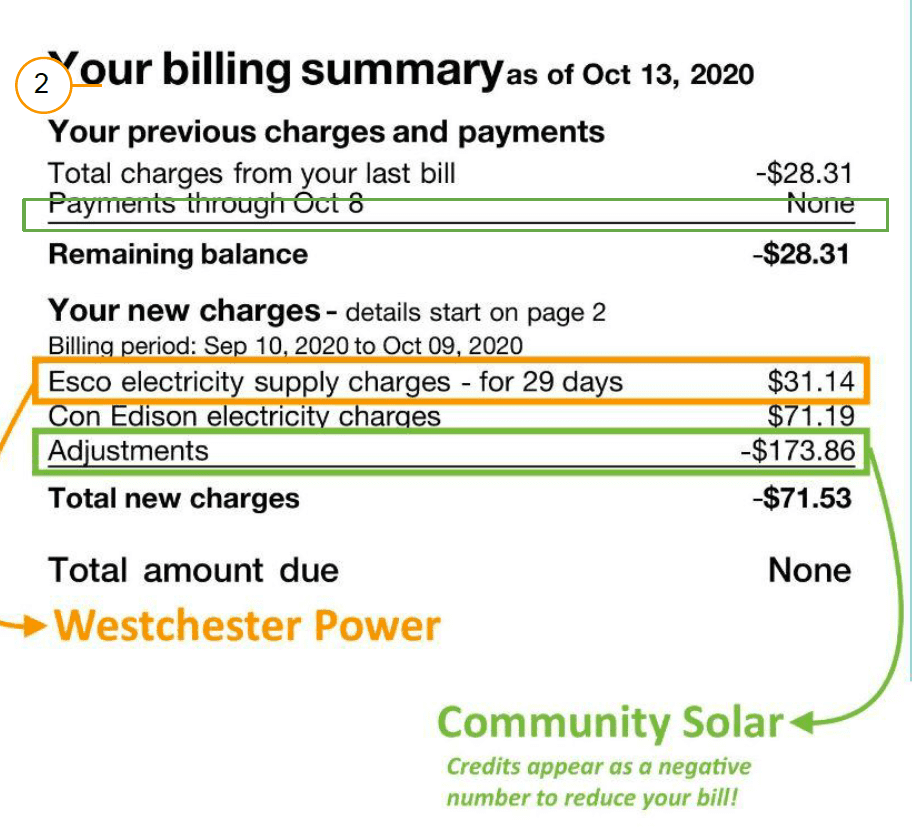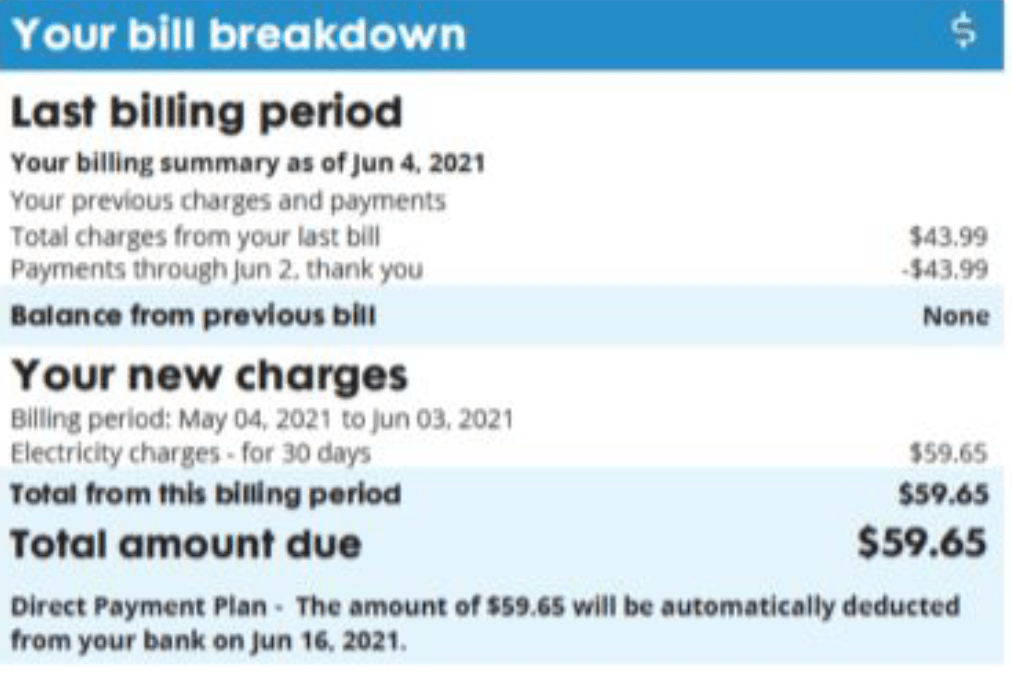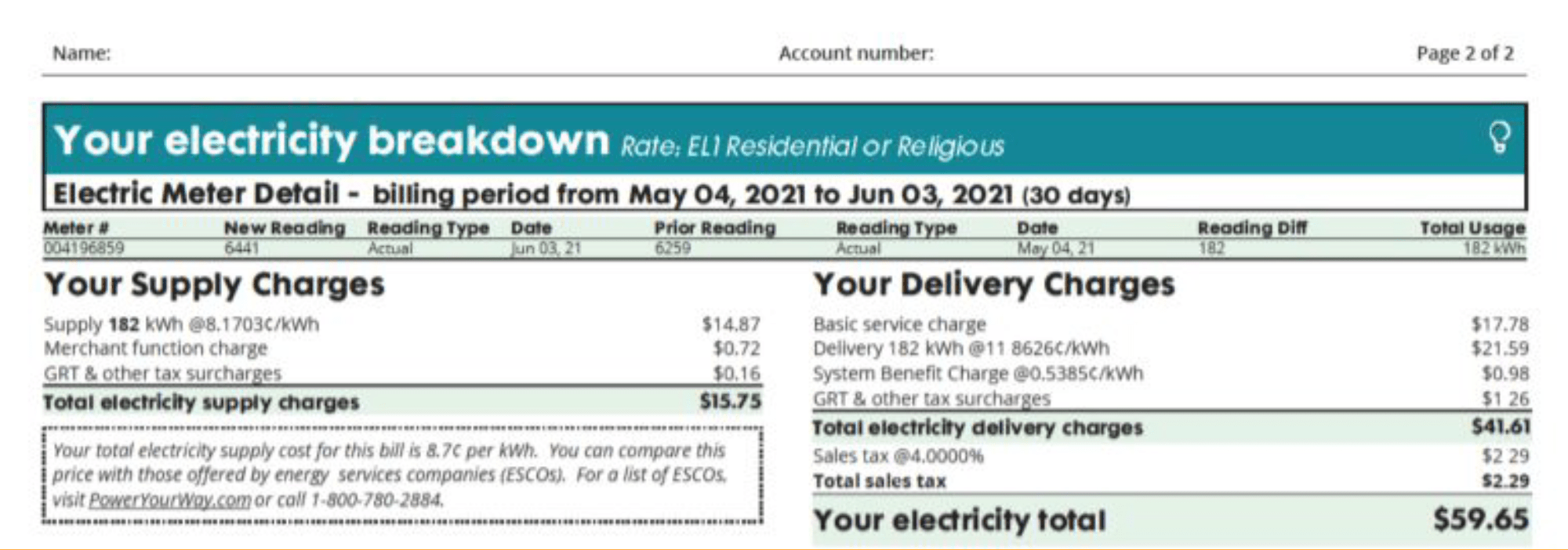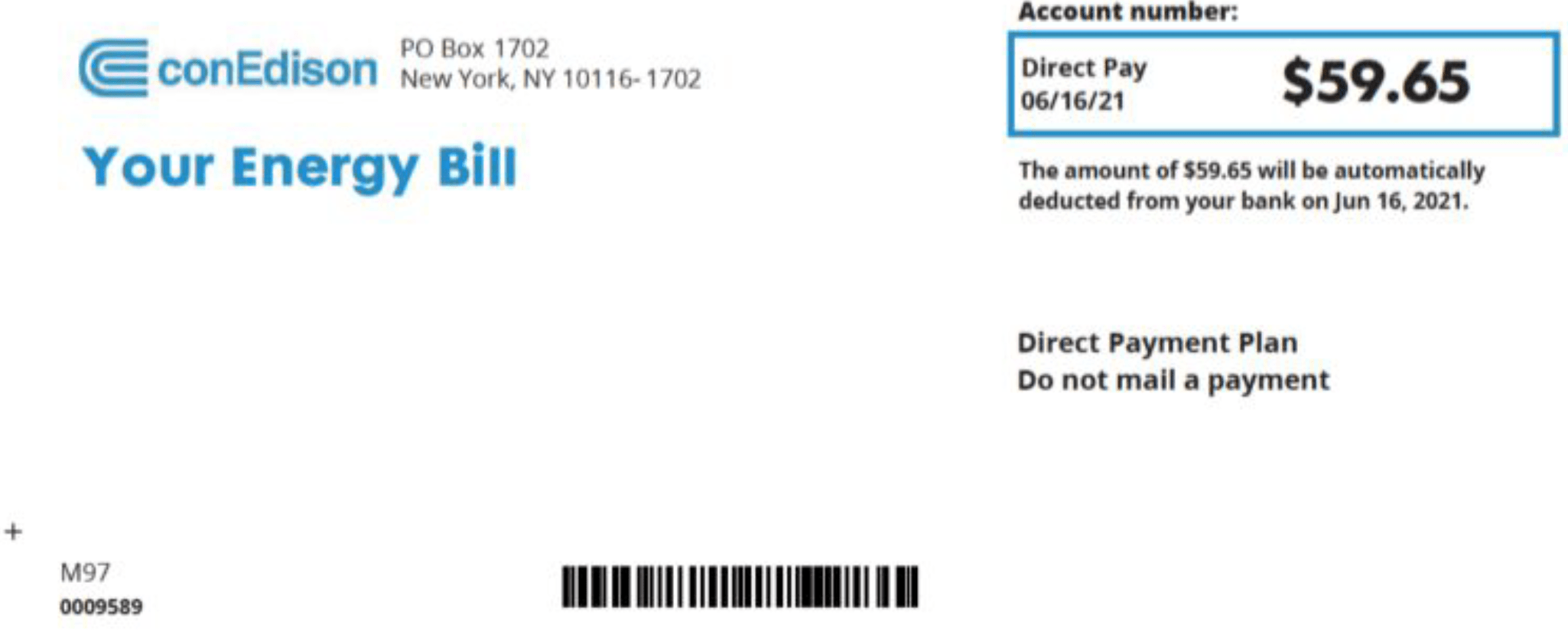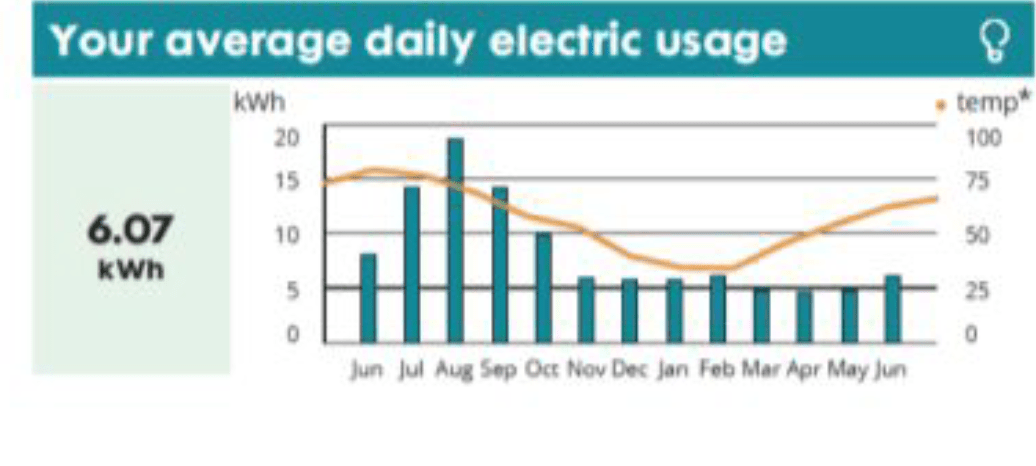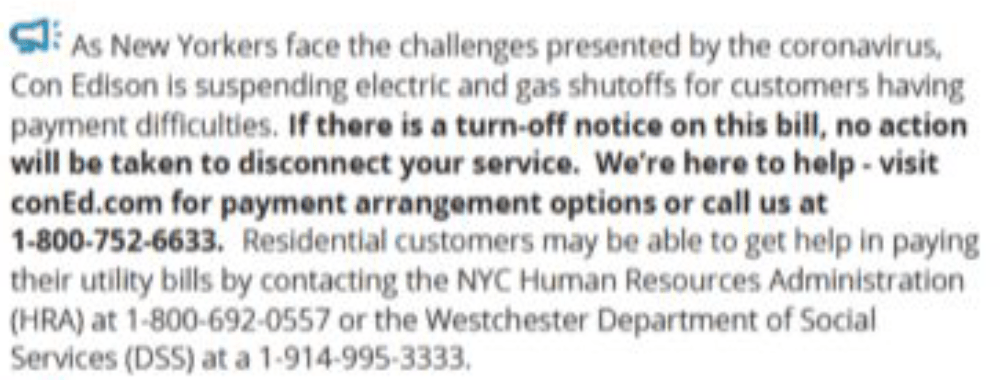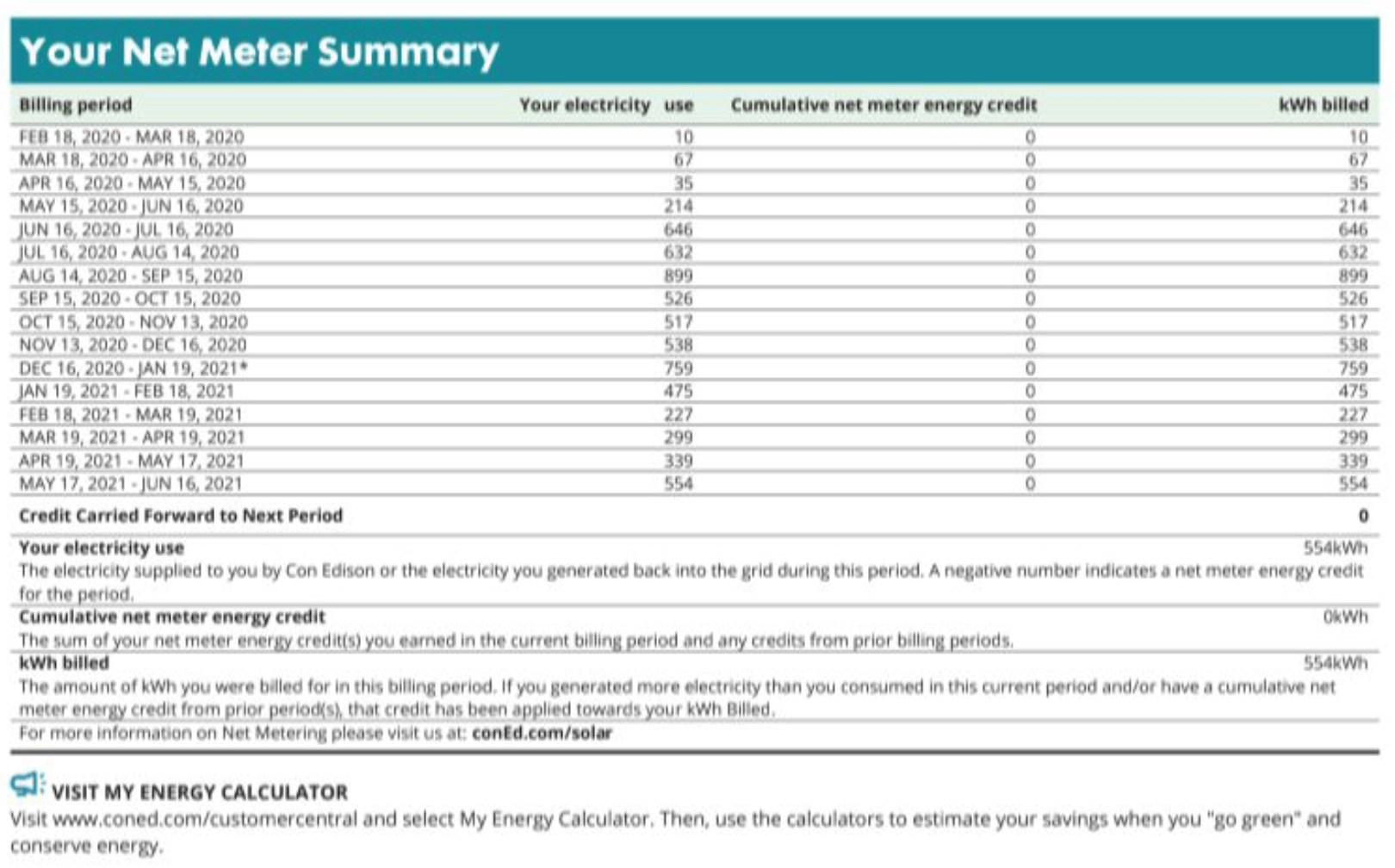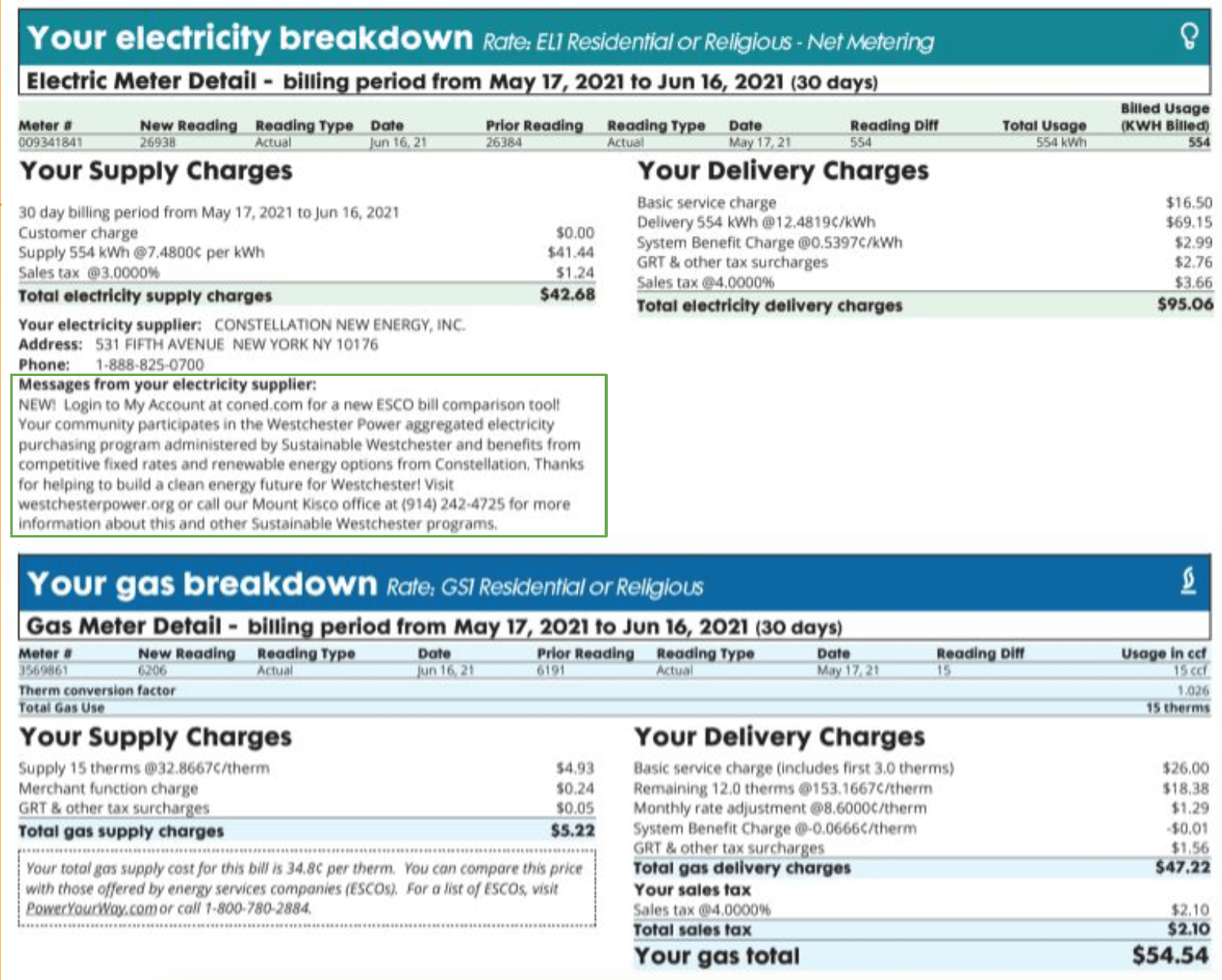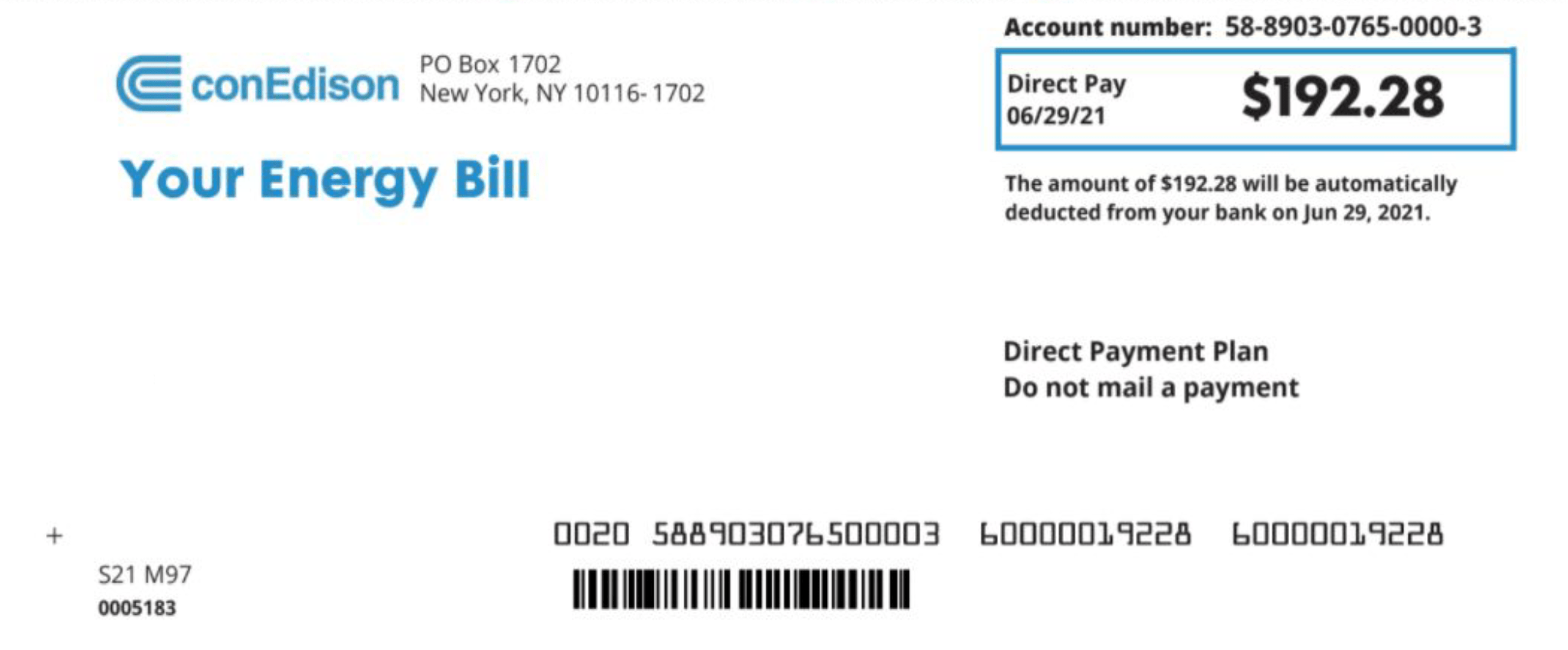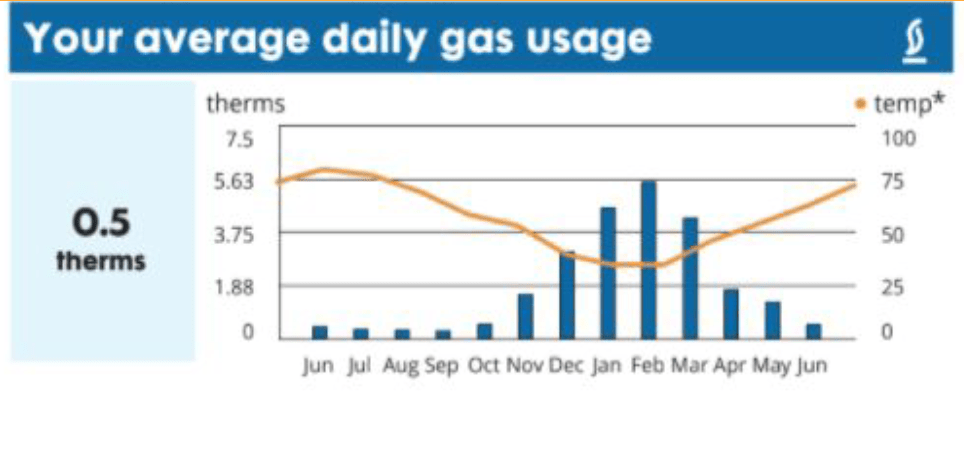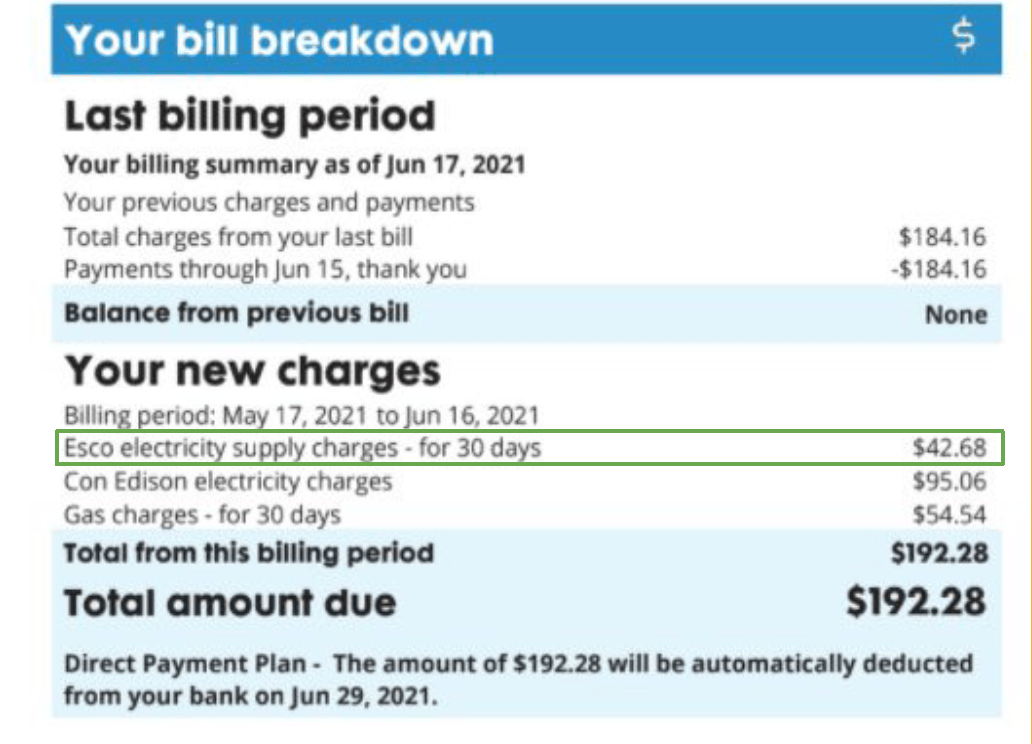It’s Not Just in the Lights: How More Mindful Energy Usage Can Advance Environmental Justice
Authored By: Lauren Kroell
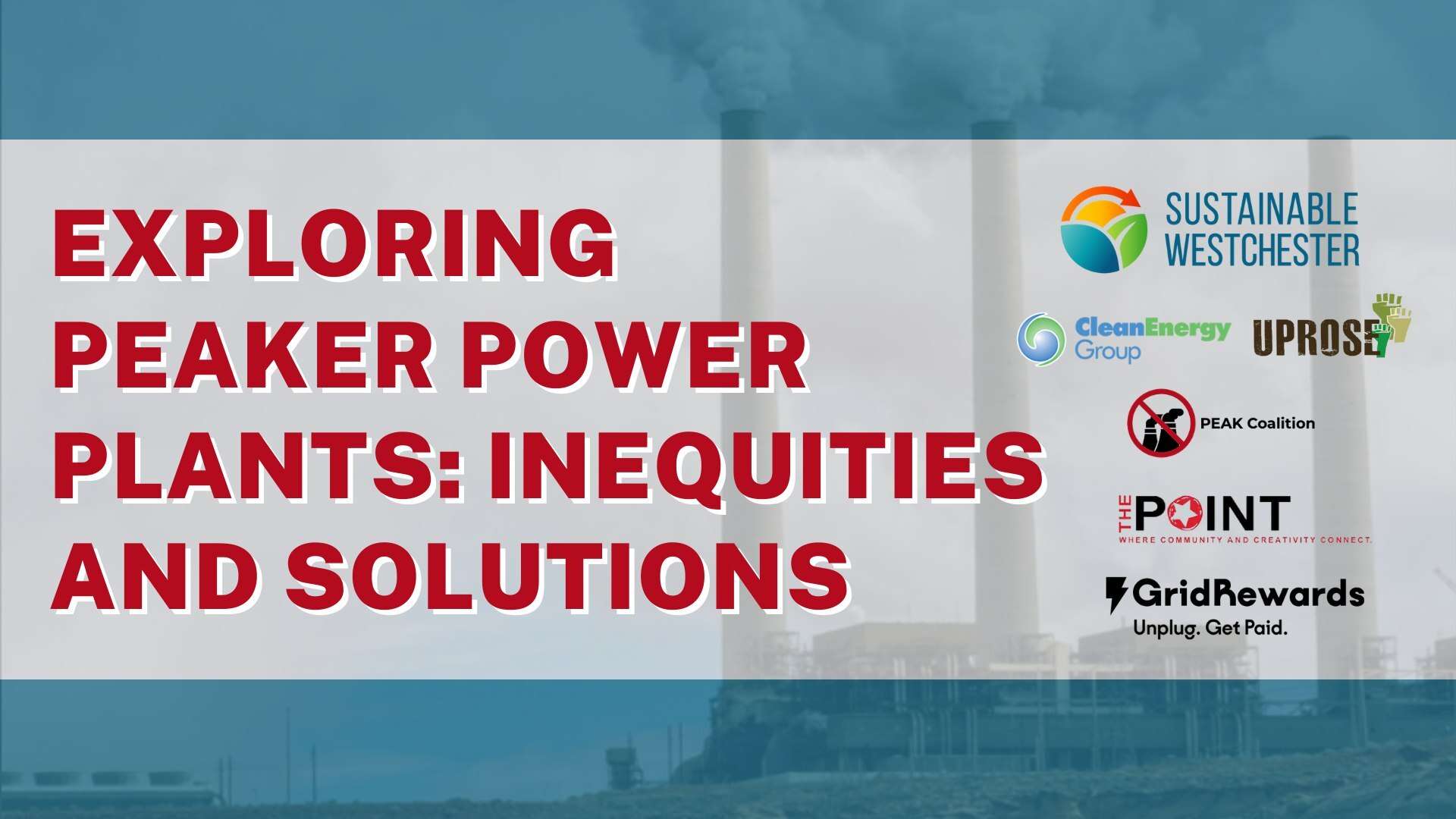
For many looking to support sustainability efforts, one of the first steps is to practice more eco-conscious habits at home. Many of us have heard the tried-and-true advice of turning off the lights once you leave the room as a way to conserve energy – but some may not be as aware of the environmental justice impacts of doing so, and how conserving energy at key times can play a crucial role.
So where do we begin when it comes to unpacking electricity usage during times of high demand? Look no further than peaker power plants. Sometimes referred to as “peakers,” these power plants use fossil fuels (generally fracked gas and fuel oil) to generate and deliver electricity to the grid when extra supply is needed to meet increased electricity demand. But here’s the catch – peaker plants are only turned on during these high demand periods, and when they are, it’s generally only for a few hours (or less) at a time. Despite these low run times, it is estimated that $4.5 billion in ratepayer funds have gone towards propping up peaker plants in New York City (Clean Energy Group). This makes peaker plants both energy and cost inefficient.
The environmental justice impacts are made clear when recognizing how the vast majority of peakers are located in low-income neighborhoods and/or communities of color. This means that when we use energy during high-demand periods, the peakers that supply our energy demand contribute to the higher rates of emissions in marginalized communities – including dangerous greenhouse gases and air pollutants like carbon dioxide (CO2), nitrous oxide (NOX), and sulfur dioxide (SO2) (Clean Energy Group, Peaker Mapping Tool). As such, it is crucial that we become more aware of how to better manage our energy usage so these impacts aren’t as severe.
That’s why on Thursday, November 10th, 2022 from 7-8PM, Sustainable Westchester will host a webinar on how peaker power plants impact local communities. We will be hearing from several groups working to raise awareness about these important issues, who will provide elaboration on the points above and show us how to make a difference at home. If you’re interested in participating and learning more, we invite you to visit the Facebook Event page and register for the event at https://bit.ly/PeakerPlantWebinar.
We hope to see you there so that you can learn how to be a more mindful energy consumer – because problems like these can be alleviated by the flip of a switch.





